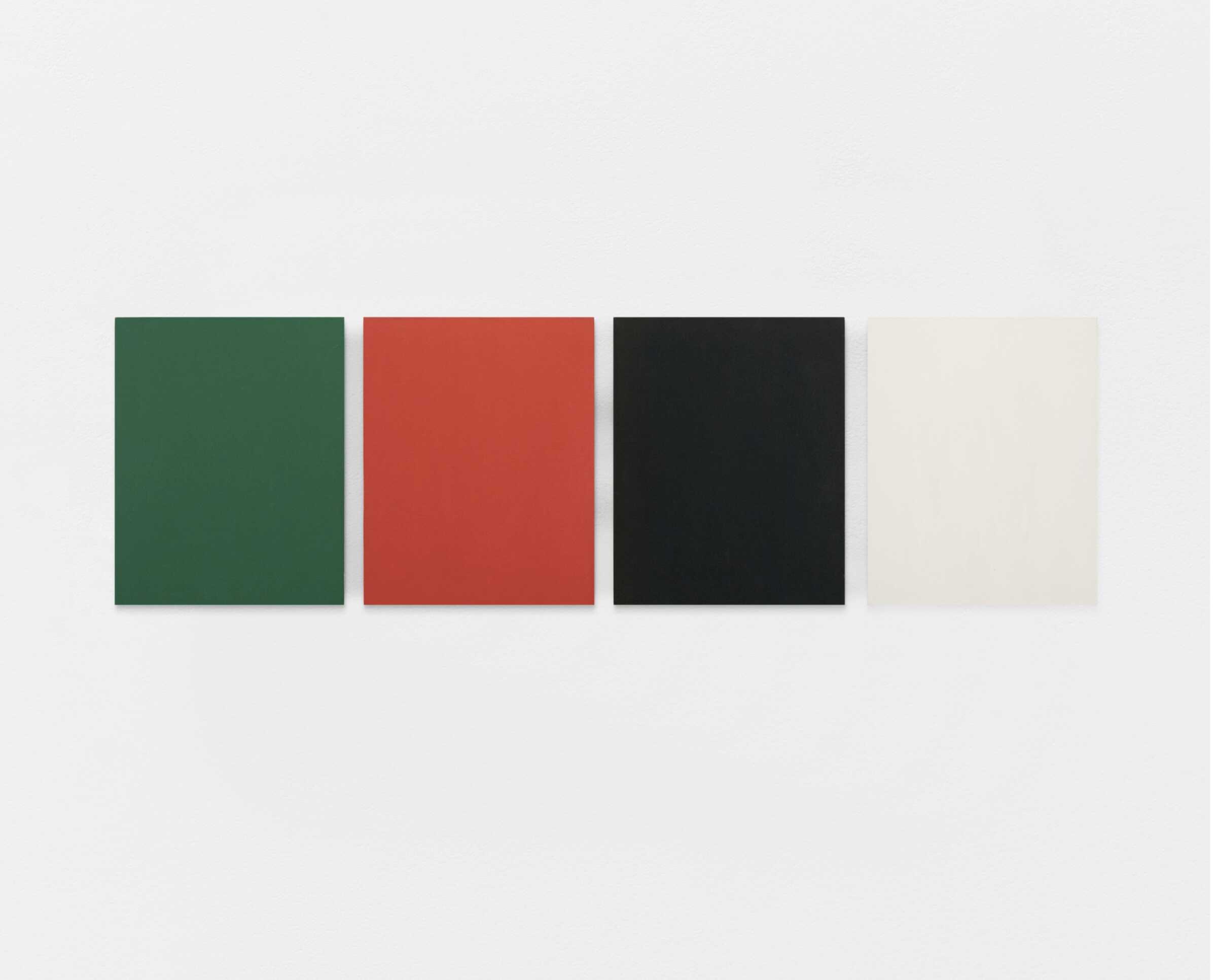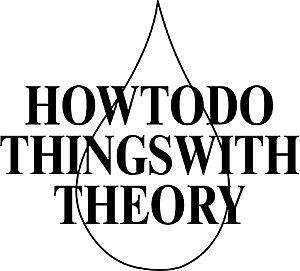2023-2024 Grant Watson's seminar: Textile Politics: Flags, Nets, Maquettes
The seminar is conceived and offered by Grant Watson
The seminar from Confluence to Confluence
Seminar participants second year: Valeria Moro, Chloë Janssens, Anastasia Nefedova, Gamze Öztürk, Rex Collins and Tereza Dvořáková.
Seminar participants first year: Anna Buyvid, Annette Rodriguez Fiorillo, Bel McLaughlin, Mia Tamme, Simone Bacco and Tereza Darmovzalová.
Textile Politics: Flags, Nets, Maquettes
INTRODUCTION
How do textiles define territories, revolutionary projects, world views, sensibilities and concepts?
If “textile politics” a term coined by Julia Bryan Wilson is to “textile” politics, to make it material, then flags are the prototypes for this. Flags concretise things, such as belief systems and nation states into fabric form, they are signs visible in public space through colour and graphic motifs. Seen as immutable, flags in fact mutate, taking on different implications according to context. The work Forbidden Colours (1988) by Felix Gonzales Torres, infuses a set of monochrome paintings with the green, red, black and white of the Palestinian flag. Made during the First Intifada of 1987 – 1993 at a time when this flag as well as its colours in artworks was banned in the occupied territories, it can be used to examine a history of censorship, suppression and the criminalisation of dissent, including the present day iterations of this in academia and the art world. A second example is the rainbow flag held by Israeli soldier Yoav Atzimov in Gaza with the words “in the name of love” written on it (Oct 26, 2023). In what is, perhaps, one of the most extreme and surreal instances of pinkwashing to date, the scene behind Atzimov, the space in which he makes his demand for peace, security and respect for LGBTQ+ rights, is one of utter devastation. Jasbir K. Puar has termed this weaponizing of the LGBTQ+ movement in the name of a Western gay rights discourse “homonationalism”—its politics instrumentalised to create division against Muslim minorities in Europe and the US as a test of integration, as the precondition for foreign aid to the Global South, as justification for military interventions in the Arab countries of the Middle East.
Beyond these two examples, the seminar will look at countercultural, anarchist and labour movement flags and banners, made by artists at different moments in history, to consider the failure as well as endurance of left political projects. Reflected for example in the history of gay liberation, its early Marx affiliations, its truce with neoliberalism in the 1990s, and its current collaborations with hard right islamophobia, as described by Peter Drucker in his book Warped. Included here are the original rainbow flag handmade by Gilbert Baker in 1978, Oiticica’s red flag, the Parangolé Bandeira 01 (1964) carried through the Favela Mangueira to agitate social space, Zumbi Somos Nós (2007) the giant banner unfurled by the Brazilian group Frente 3 De Fevereiro, to protest black marginalisation and police killings, and Theresa Lanceta’s Multidudinario Banner (2020) inspired by the flag of the CNT (the Spanish confederation of anarcho-syndicalist labour unions) and a history of anarcho-syndicalism in Spain, and the squat cultures of Barcelona. It’s notable that the painting Guernica (1937) by Picasso, linked to this history, and representing German aerial bombardment of civilians, which took place during the Spanish Civil War, recently appeared again as a fabric banner at the pro- Palestinian march in London (11.11.23).
Textiles as prompts for thinking and writing will include a reading of Deleuze and Guattari’s use of weaving and felt as models for “smooth and straited space” and their compositional relationship to state structures and nomadic desert cultures; Sarat Maharaj’s discussion of normative and deviant genres in art, with reference to a mythological weaving competition between Athena and Arachne; Meg Wesling’s exploration of the labour of drag performance, that she uses to queer Marx’s theory of labour value; and Donna Haraway’s cat’s cradle, a string game, which models networks of feminist and antiracist technoscience. The etymological route of text “texere” the Latin word for weave will inform a number of writing workshops. With writings by Jorella Andrews, Roland Barthes, Sadie Plant and bell hooks which deploy textile terms (tissue, weave, patchwork) being used to explore writing as a shared field, and research methods that recuperate marginal and erased histories. The seminar will involve readings, workshops, student presentations and more. It does not require a specific interest in textiles but is for students who wish explore ideas and positions in relation to material and curatorial practices.
Indicative reading
Jorella Andrews. “Erasure and Epoché: Phenomenological Strategies for Thinking in and with Devastation.” ISSUE 8, (2009): 69-79. https://research.gold.ac.uk/id/eprint/26660/.
Roland Barthes. “From Work to Text.” In Image Music Text. London: Fontana Press, 1977.
Ghadir Shafie and Karma R. Chávez. Pinkwashing and the Boycott, Divestment, and Sanctions Campaign. Champaigne, IL: University of Illinois Press, 2016.
Gay Left Collective. Homosexuality Power and Politics. London: Verso, 2018.
Gilles Deleuze and Felix Guattari. “Smooth and Striated Space.” In A Thousand Plateaus, Capitalism and Schizophrenia. London: Athlone Press, 1992.
Peter Drucker. Warped, Gay Normality and Queer Anticapitalism. Chicago: Haymarket Books, Chicago, 2015.
Stuart Hall. Selected Writings on Marxism. Durham: Duke University Press, 2021.
Donna J. Haraway. A Game of Cats Cradle: Science Studies, Feminist Theory, Cultural Studies. Baltimore: John Hopkins University Press, 1994.
bell hooks. “An Aesthetic of Blackness, Strange and Oppositional.” In Yearning, Race, Gender and Politics. Routledge, New York and London, 2015.
Holly Lewis. The Politics of Everybody, Feminist, Queer theory, and Marxism at the Intersection, London: Zed Books, 2016.
Sarat Maharaj. “Arachne’s Genre: Towards Intercultural Studies in Textiles.” In The Textile Reader. Edited by Jessica Hemmings. London, New York: Berg, 2012.
Karl Marx. Capital, A Critique of Political Economy. London: George Allen and Unwin, 1928.
Sadie Plant. “Digital Women and the New Technoculture.” In The Textile Reader. Edited by Jessica Hemmings. London, New York: Berg, 2012.
Jasbir K. Puar, “Terrorist Assemblages, Homonationalism.” In Queer Times. Durham: Duke University Press, 2007.
Meg Wesling. “Queer Value.” Journal of Lesbian and Gay Studies 18, nr. 1 (2012): 107–25. https://doi.org/10.1215/10642684-1422161.
Julia Bryan Wilson. Fray, Textiles and Art and Politics. Chicago: University of Chicago Press, 2017.
Rosenberg, Jordana and Villarejo, Amy (eds). “Queer Studies and the Crisis of Capitalism.” Journal of Lesbian and Gay Studies 18, nr. 1 (2012). https://read.dukeupress.edu/glq/issue/18/1.


